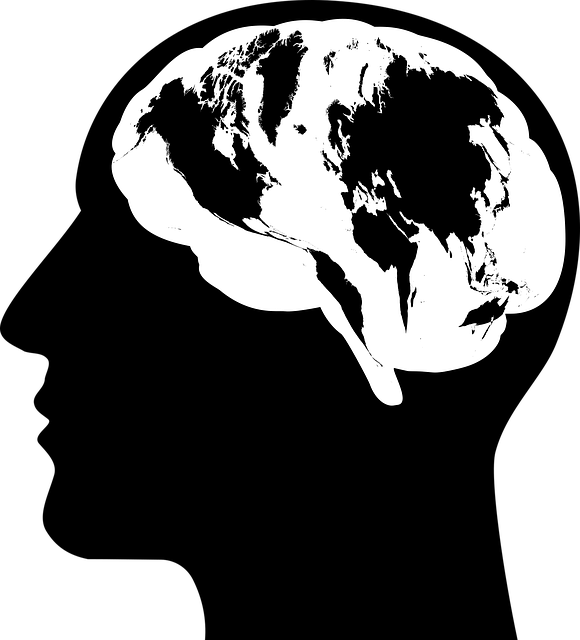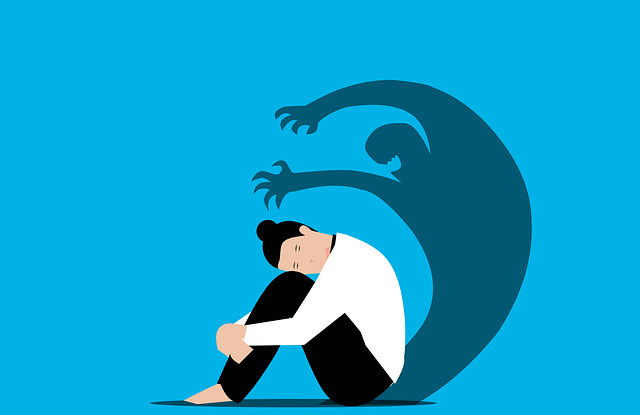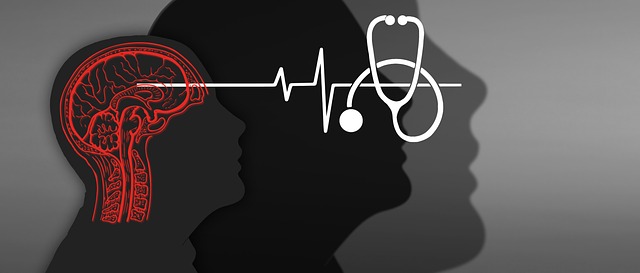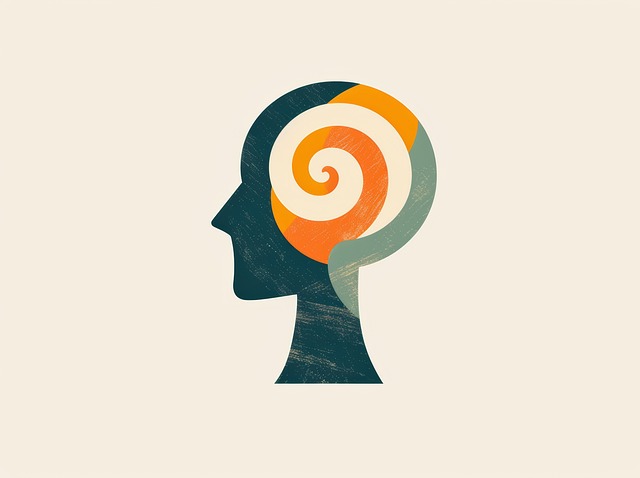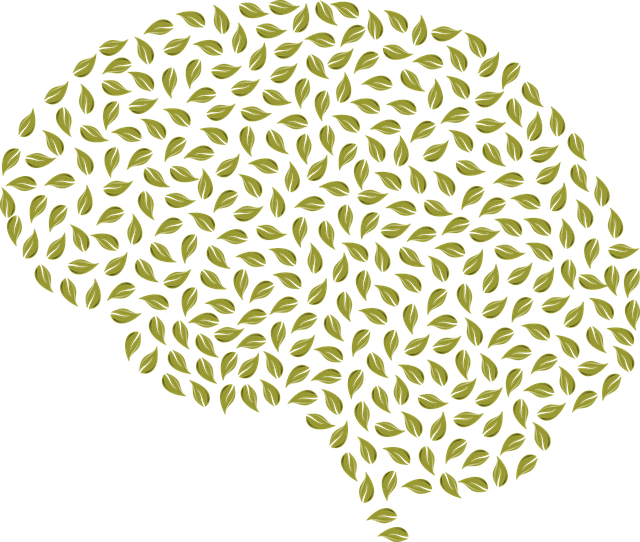Lafayette Bariatric Evaluations Therapy offers a holistic approach to mental wellness, combining therapy with dietary and exercise analysis to identify areas for positive change. Using standardized questionnaires and comparing pre- and post-program assessments, therapists tailor treatments to individual needs, focusing on emotional regulation, mental health awareness, and emotional intelligence. This dynamic program includes resilience-building, social skills training, and cultural competency, fostering trust and empowering individuals to manage challenges, ultimately promoting long-term mental wellness.
Mental wellness programs are critical components of modern healthcare, with Lafayette Bariatric Evaluations at their core. This comprehensive evaluation method serves as a robust foundation for fostering mental health and well-being. By understanding these evaluations, we can effectively assess therapy’s impact through various techniques.
Through exploring these assessment tools, this article delves into how to measure progress, ensure outcomes, and integrate continuous improvement in mental wellness programs, ultimately tailoring them for optimal benefits.
- Understanding Lafayette Bariatric Evaluations: A Foundation for Mental Wellness
- Therapy Assessment Techniques: Measuring Progress and Outcomes
- Integration and Continuous Improvement: Tailoring Programs for Optimal Mental Health Benefits
Understanding Lafayette Bariatric Evaluations: A Foundation for Mental Wellness

Lafayette Bariatric Evaluations serve as a robust foundation for promoting mental wellness, focusing on holistic health that extends beyond physical well-being. These evaluations are instrumental in understanding the intricate interplay between physical health and mental resilience. By examining various aspects of an individual’s lifestyle, including dietary habits, exercise routines, and emotional states, therapists can identify areas where interventions may foster positive change.
This process facilitates the development of personalized strategies such as self-care routine optimization for better mental health, stress management techniques, and empathy-building strategies. Through these evaluations, individuals gain insights into their unique barriers to wellness and are empowered to make informed decisions about their mental health care.
Therapy Assessment Techniques: Measuring Progress and Outcomes

Effective mental wellness programs rely on robust evaluation methods to measure progress and outcomes, ensuring that therapies are tailored to individual needs. Lafayette Bariatric Evaluations Therapy employs a range of assessment techniques to track client development. These include standardized questionnaires designed to gauge emotional regulation, mental health awareness, and emotional intelligence – key aspects in the healing process. By comparing pre- and post-program assessments, therapists can identify specific areas of growth or challenge, allowing for adjustments in treatment strategies.
Additionally, qualitative feedback from clients provides valuable insights into their experiences and perceptions of progress. This feedback loop is integral to refining program components and enhancing overall effectiveness. Through the integration of quantitative and qualitative data, Lafayette Bariatric Evaluations Therapy aims to foster sustainable mental health improvement, promoting not just change but profound transformation in emotional intelligence and well-being.
Integration and Continuous Improvement: Tailoring Programs for Optimal Mental Health Benefits

Mental wellness programs must be dynamic and adaptive to effectively cater to the diverse needs of individuals seeking optimal mental health benefits. Integration and continuous improvement are key strategies in tailoring these programs. By incorporating feedback from participants and regularly evaluating program outcomes, healthcare providers can identify areas for enhancement and ensure the interventions remain relevant and impactful. For instance, Lafayette Bariatric Evaluations Therapy integrates various therapeutic modalities, including resilience-building techniques and social skills training, to address multifaceted psychological aspects of weight management.
This holistic approach leverages Healthcare Provider Cultural Competency Training to create inclusive environments that respect and consider participants’ unique backgrounds, fostering trust and engagement. Such adaptive programming not only enhances the effectiveness of interventions but also promotes long-term mental wellness by empowering individuals with the skills and knowledge needed to navigate life’s challenges.
Evaluating mental wellness programs, such as Lafayette Bariatric Evaluations, is crucial to ensuring their effectiveness. By combining comprehensive therapy assessment techniques and continuous integration of feedback, we can tailor interventions for optimal mental health benefits. This data-driven approach, which includes measuring progress and outcomes, allows us to refine programs like Therapy, ultimately fostering better mental wellness outcomes.
